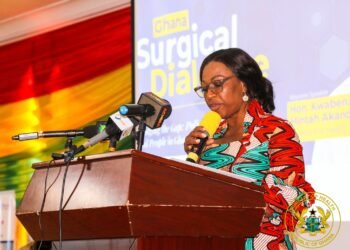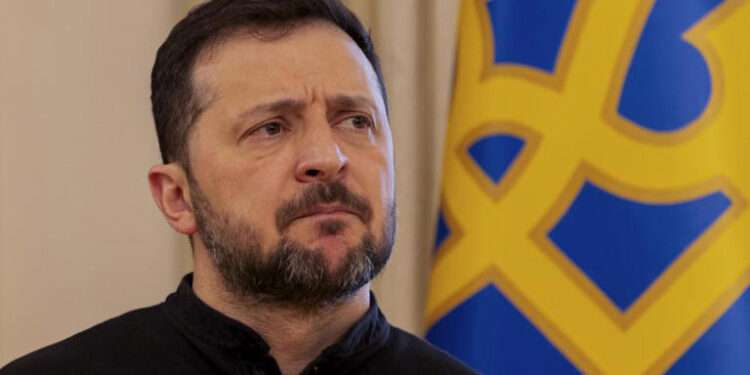In a democracy, public scrutiny—especially of public officeholders—is not a nuisance; it is the very oxygen that sustains accountability.
For Oliver Barker-Vormawor, lawyer and political activist, this principle is non-negotiable. His firm stance is that anyone who considers themselves above criticism has no business occupying public office.
“No one is above reproach. Not even me, who is not in public office. This is why I seldom block those who come under my posts, even to insult me. I need them. They remind me of the tough skin one requires to lead!”
Oliver Barker-Vormawor
Barker-Vormawor’s reflections speak to a broader concern currently gripping Ghana’s democratic institutions—the handling of petitions against public officeholders, including the judiciary.
With the conversation shifting toward the possible impeachment of Chief Justice Gertrude Araba Esaaba Torkornoo, his intervention comes at a critical juncture.
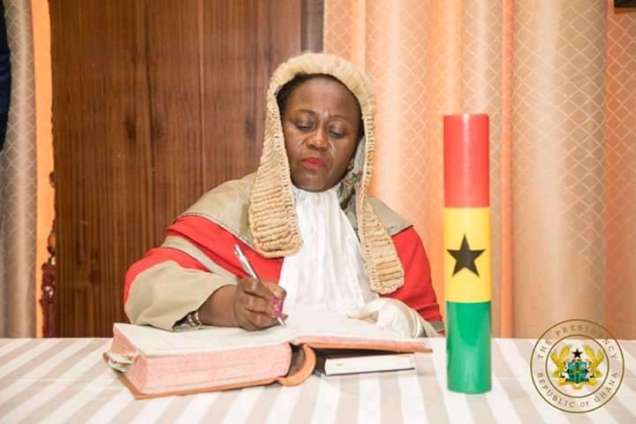
“Our Constitution did not create infallible offices,” he remarked, arguing that no constitutional framework, no matter how robust, is immune from being weaponized or manipulated by political actors for partisan purposes.
At best, a constitution can strive to uphold the integrity of the processes it outlines—but even that depends heavily on the integrity of the individuals entrusted with enforcing it.
This warning strikes at the heart of recent debates. Ghana is witnessing what may become a test case in judicial accountability, and Barker-Vormawor insisted that the lesson should never be to make it impossible to remove a Chief Justice.
Public Justice Urged To Follow Due Process
Furthermore, Oliver Barker-Vormawor emphasized that the true priority, particularly in the ongoing proceedings concerning the possible removal of the Chief Justice, must be to uphold a fair trial and preserve the integrity of the constitutional process at every stage.
The principle of public scrutiny—essential to ensuring fairness and transparency—must not be confused with partisan witch-hunts.
Accordingly, Barker-Vormawor challenged both sides of the political divide to rise above tribal loyalties and focus on defending due process and institutional integrity.
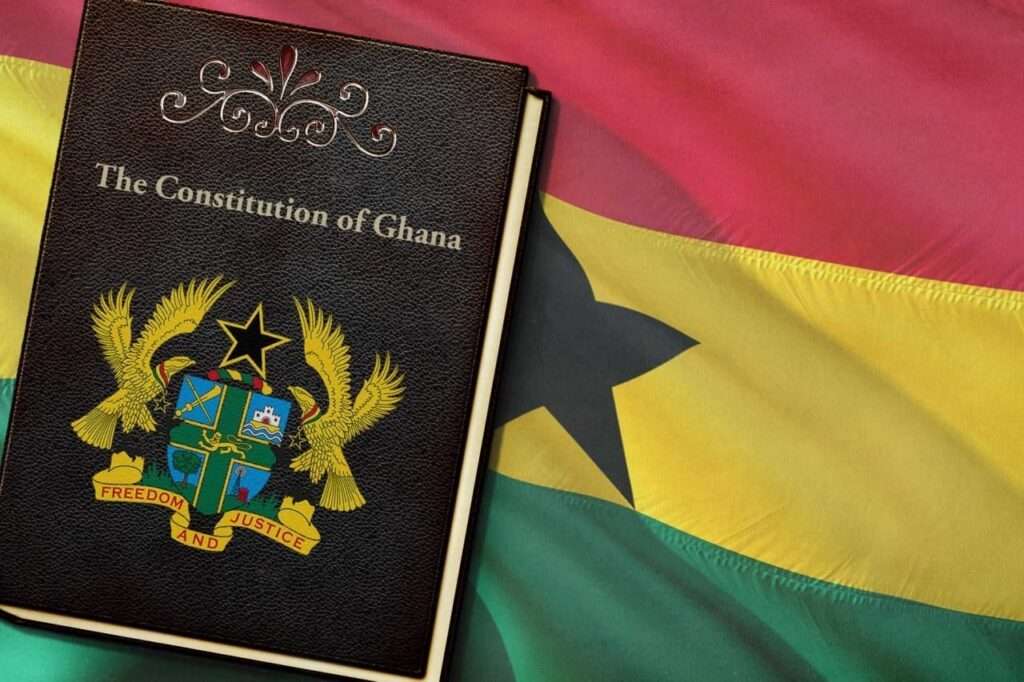
In defending the legitimacy of the ongoing process, he pushed back against claims that it is politically driven.
“There is nothing kangaroo about the constitutional protections we have in place to secure the tenure of superior court judges.”
Oliver Barker-Vormawor
He pointed to the credibility of the committee set up to investigate the Chief Justice, highlighting the diverse and reputable figures involved. “Not a single person of sense can begin to fault the pedigree of the persons appointed to the Committee.”
The composition includes an Auditor-General with firsthand experience of executive persecution, a representative from the Ghana Armed Forces, and a member of the academic community.
To Barker-Vormawor, this selection reflects deliberate effort by President Mahama to ensure balance, neutrality, and credibility.
His message is clear: calls for a fair trial are not incompatible with constitutional accountability. Rather, they are its foundation. “Impeaching a Chief Justice isn’t child’s play. And I am glad the President has given her Grace and respect.”
Scrutiny Strengthens Democracy
Moreover, Barker-Vormawor left no ambiguity about the seriousness of the process.
According to him, if the Chief Justice is found guilty by the committee, “it would be because a competent and independent committee found her guilty of stated misbehaviour or incompetence.”
Barker-Vormawor’s advocacy is not merely about the current case; it’s about ensuring that Ghana’s democratic project stays on course.
His reflections serve as a reminder that integrity in governance is not about shielding individuals but about building systems that work for all.
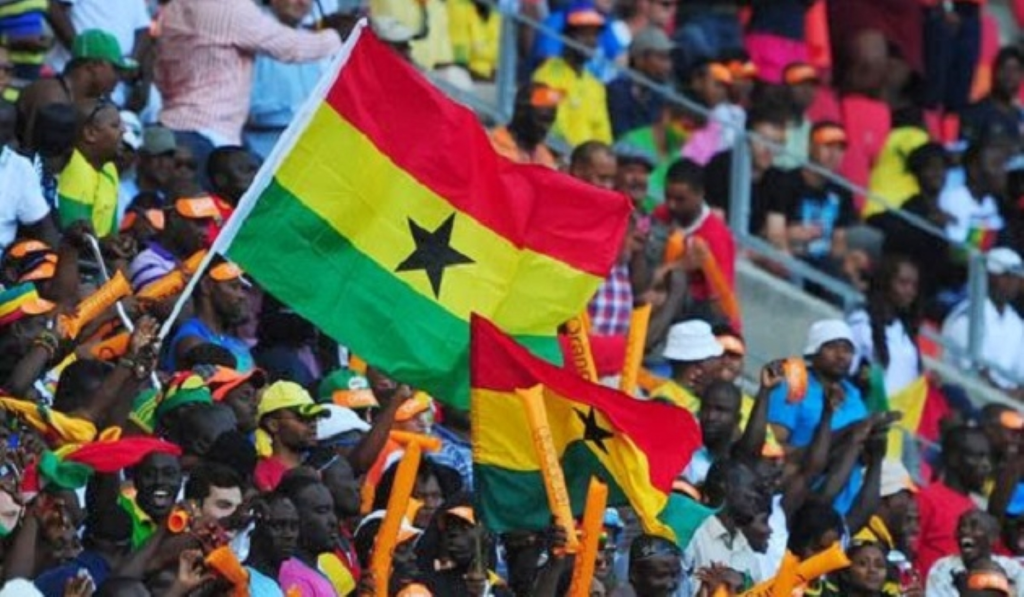
Public scrutiny, he reminded, is not a threat—it is the only guarantee that those entrusted with power remain accountable to the people they serve.
In an age of increasing institutional cynicism, Ghana cannot afford to treat oversight as optional or criticism as treasonous.
A strong democracy does not silence scrutiny—it welcomes it. If Ghana is to grow stronger, its institutions must not only endure questioning but be shaped by it.






